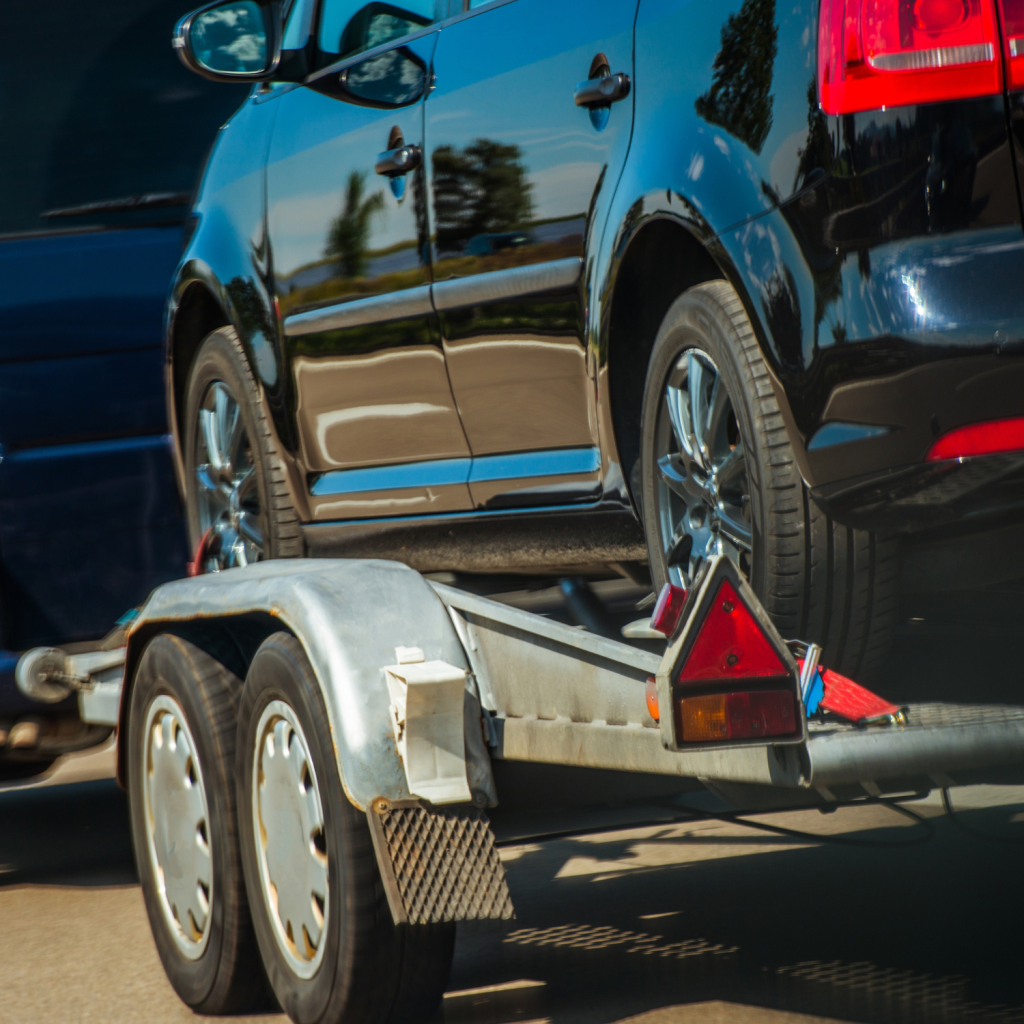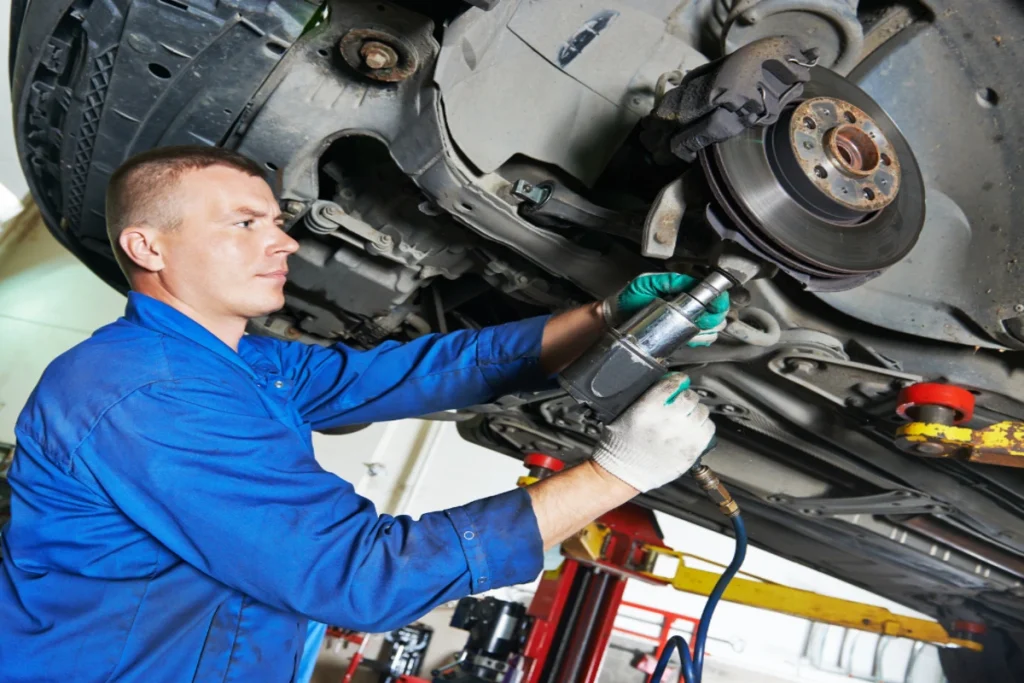Ah, the classic debate of import versus domestic. This on-going debate never seems to have a clear conclusion (and honestly, we probably won’t see it) on which one is better. On this “episode” of the rivalry, we will tackle the pros and cons of each vehicle’s maintenance with a focus on convenience, reliability, and cost.
Convenience
Imports: pending what kind of imported car you’ve purchased, it may be more difficult to have your car repaired at a reasonable wait time. You will have to schedule an appointment ahead of time with you’re local repair shop or dealership as many of the parts and tools used for the imported car must be shipped. If you decide to just walk-in, it’ll be a toss-up on whether that shop or dealership will have the parts you need to get your vehicle fixed. All though you will have more luck with places that sell and repair your specific brand of car.
Domestic: this is where domestic cars really have the advantage. Since these cars are manufactured here in the U.S., that makes it easier for repair shops to gain access to the parts and tools needed to repair your car. Along with that, since domestic cars are made at a slightly lower quality, shops will be able to utilize a variety of parts and pieces during a repair. This translates to improved service and faster wait times.
Advantage: Domestic
Reliability
Imports: this won’t be good news for domestic car owners. A 2018 ranking, released by Consumer Report, has listed nine import car brands (Toyota, Lexus, Kia, Audi, BMW, Subaru, Infiniti, Honda and Hyundai) in the top ten of most reliable car brands in the world with Buick being the only domestic brand to crack the top ten. This doesn’t come as a surprise as many import cars are made with higher quality materials and the craftsmanship, especially for European based brands, is at a much higher level compared to their domestic counterparts.
Domestics: well, the rankings from Consumer Report says it all. Only one domestic car brand was able to make it inside 2018’s most reliable car brands list. With an increased rate of breakdowns and repair shop visits, domestic cars don’t quite match up with the quality that imported cars offer. Though domestic cars’ quality has greatly trended forward over the past two decades.
Advantage: Imports
Cost
Imports: so before we jump to the conclusion of “imports are more expensive,” it’s important to take a look at not just the initial cost but the overall life cost of a vehicle. With that said, imported cars definitely cost more initially. No debate there. All though that is the case, the overall lifespan tends to be relatively inexpensive. Yes, you may need to pay a little more for checkups and repairs but import cars are usually able to stretch out a lot further between each visit (pending how well someone treats their car) and breakdown at a lower rate. For example, the gap between BMW’s Inspection I and Inspection II for 1999 model cars and newer is around 30,000 miles.
Domestic: in terms of initial cost and repair costs, domestic cars will definitely win. Being able to manufacture cars in the U.S. along with the accessibility to many of the necessary parts certainly help reduce costs. The one downside to all this is the frequency a domestic car will need to visit a repair shop. Though the mile tiers for domestic cars are similar to imports, they also tend to break down a lot quicker than imports. Depending on the problem, this could cost a car owner thousands of dollars to repair or they may even need to buy a new car a lot sooner than they would prefer.
Advantage: Imports
Winner: Imports
At the end of the day, you can’t go wrong with either type. Both import and domestic vehicles will provide most drivers with what they need and more. Though if you are searching hard for a car that will make your life easier and a bit more convenient, imports are still the way to go.





